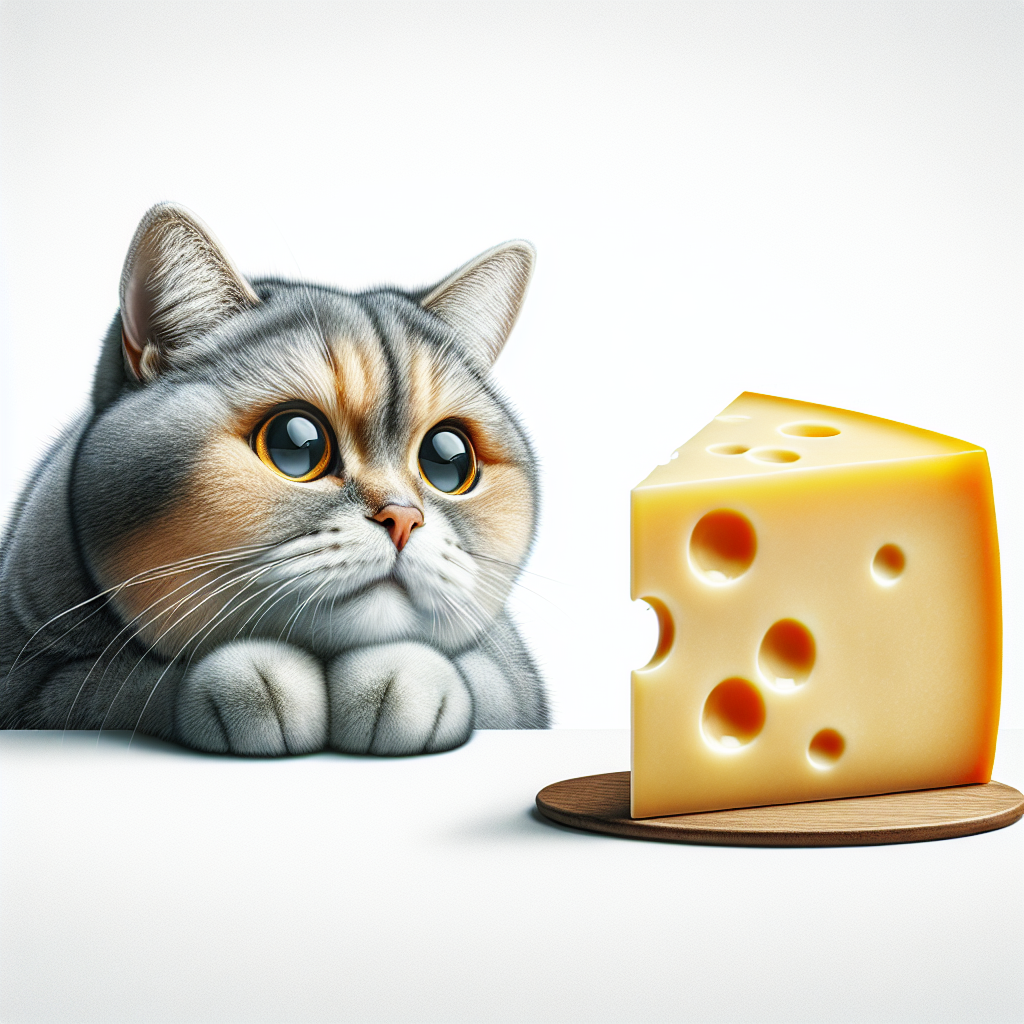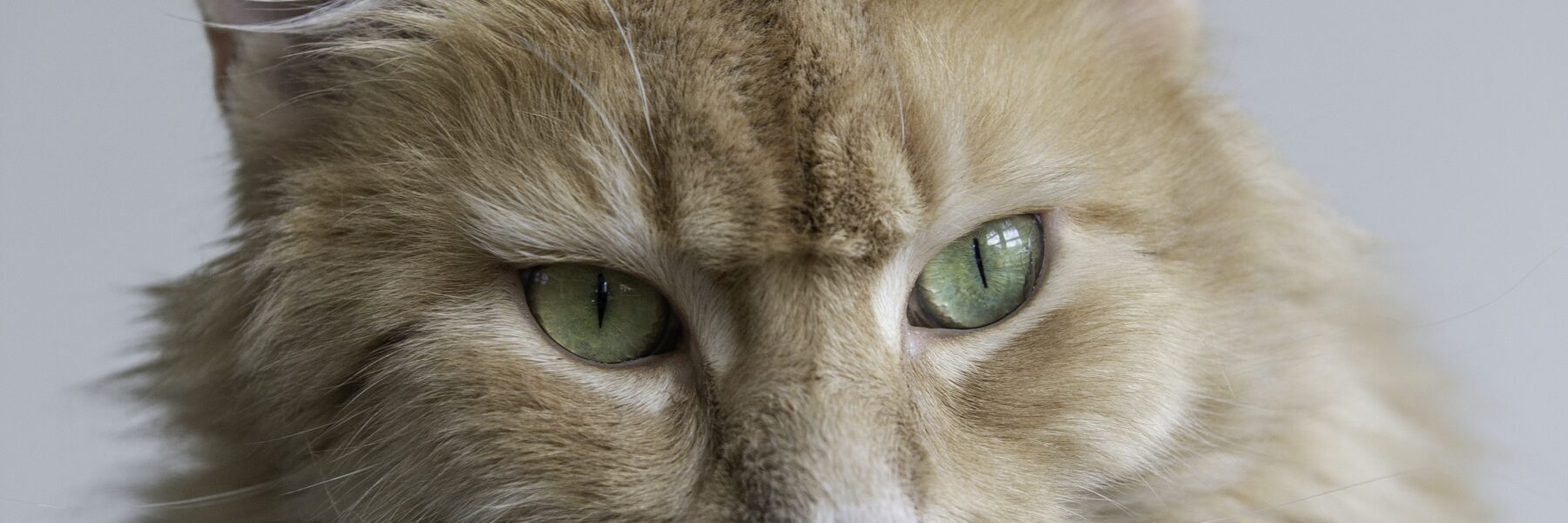Do you ever find yourself wondering if cats can eat cheese? Well, you’re not alone! Many cat owners are curious about this feline dietary dilemma. While cats are obligate carnivores and have specific nutritional needs, cheese may be a tempting treat. However, it’s essential to know whether it’s safe for our furry friends to indulge in cheesy delights. In this article, we’ll explore the potential benefits and drawbacks of cats consuming cheese, providing you with valuable insights to make informed decisions about your cat’s diet.

This image is property of images.unsplash.com.
Can Cats Eat Cheese?
If you’re a cat owner, it’s only natural to wonder whether you can share some of your favorite foods with your furry friend. One question that often comes up is whether cats can eat cheese. After all, cheese is a beloved dairy product enjoyed by many humans. In this article, we’ll explore the topic of cats and cheese, delving into their natural diet, lactose intolerance, different types of cheese, and potential risks and benefits of feeding cheese to cats.
Cats and Dairy Products
Before we dive into whether cats can eat cheese, it’s important to understand their natural diet and how their digestive system works. Cats are obligate carnivores, which means their bodies are designed to thrive on a diet primarily consisting of meat. Their digestive systems have evolved to efficiently process and digest animal-based proteins, such as those found in meat. Dairy products, on the other hand, are not a natural part of a cat’s diet.
The Lactose Intolerance in Cats
Lactose intolerance is a common condition in cats and is the primary reason why cheese may not be suitable for them. Lactose is a sugar found in milk and dairy products, and in order to digest lactose, cats produce an enzyme called lactase. However, many adult cats naturally produce less lactase as they mature, leading to lactose intolerance. This means that their bodies cannot effectively break down lactose, resulting in digestive issues when they consume dairy products.
Symptoms of Lactose Intolerance in Cats
If your cat is lactose intolerant and consumes cheese or other dairy products, they may exhibit a range of symptoms. These can include diarrhea, vomiting, bloating, gas, and stomach discomfort. It’s essential to be aware of these symptoms and consult with your veterinarian if you suspect your cat may have lactose intolerance.

This image is property of images.unsplash.com.
Types of Cheese and Their Suitability for Cats
Not all cheese is created equal when it comes to suitability for cats. Some types of cheese have lower lactose content and may be better tolerated by lactose-intolerant cats. Let’s take a closer look at the different types of cheese and their potential impact on our feline friends.
Soft Cheese vs. Hard Cheese
When categorizing cheese, one of the primary distinctions is between soft cheese and hard cheese. Soft cheeses, such as cream cheese and cottage cheese, typically have a higher moisture content and smoother texture. Hard cheeses, on the other hand, tend to be firmer and have a lower moisture content. This difference in texture can influence the lactose content in the cheese, making some types more suitable for cats than others.

This image is property of images.unsplash.com.
Cheeses Low in Lactose
For cat owners looking to safely share a cheesy treat with their furry companions, there are certain cheese options that have lower lactose content. These cheeses may be better tolerated by cats with lactose intolerance. Some examples of low-lactose cheeses include cheddar, Swiss, and Parmesan. However, it’s still important to moderate the amount of cheese given to cats, even if it is low in lactose.
Cheeses High in Lactose
While some cheeses have a lower lactose content, others should be avoided altogether when it comes to feeding cats. Cheeses with a higher lactose content, like fresh cheeses such as ricotta and mozzarella, can pose a greater risk of digestive issues for lactose-intolerant cats. It’s generally best to err on the side of caution and avoid feeding cats high-lactose cheeses.

Cheeses with Digestive Benefits
Interestingly, certain types of cheese may have digestive benefits for cats, despite their lactose content. Probiotic-rich cheeses, such as certain types of aged cheese and those made from fermented milk, contain beneficial bacteria that can support a healthy gut. Additionally, cheeses can be a good source of calcium and vitamin D, both of which are important for maintaining strong bones and teeth in cats.
Potential Risks of Feeding Cheese to Cats
While there are some potential benefits to feeding cheese to cats, it’s crucial to also consider the potential risks involved. Feeding cheese to cats should be done in moderation and with caution. Here are some potential risks to be aware of:
Obesity and Weight Gain
Cheese, although delicious, is also high in calories and fat. Feeding too much cheese to your cat can contribute to weight gain and obesity, which can lead to a variety of health issues. If you choose to share cheese with your feline companion, be sure to do so sparingly and account for these extra calories in their overall diet.
Digestive Issues
As mentioned earlier, lactose intolerance can cause digestive issues in cats. Feeding cheese to a lactose-intolerant cat can lead to diarrhea, vomiting, and stomach discomfort. It’s important to observe your cat’s reaction to cheese and discontinue feeding it if any digestive issues arise.
Allergic Reactions
Some cats may have allergies or sensitivities to dairy products, including cheese. In these cases, even small amounts of cheese can trigger allergic reactions such as skin irritations, itching, or respiratory issues. If you suspect your cat has an allergy, it’s best to avoid feeding them cheese altogether.
Toxic Ingredients in Some Cheeses
Certain types of cheese, particularly those that are aged or contain additives like garlic or onions, can be toxic to cats. Ingredients like garlic and onions can cause damage to a cat’s red blood cells and should be strictly avoided. Always check the ingredients list for any potential harmful substances before sharing cheese with your cat.

Tips for Introducing Cheese to Cats
If you decide to introduce cheese to your cat’s diet, it’s important to do so in a responsible and controlled manner. Here are some tips to keep in mind:
Moderation is Key
Cheese should be given to cats in moderation and as an occasional treat. It should not make up a significant portion of their diet or replace their regular balanced cat food.
Observing Cats’ Reactions
When introducing cheese to your cat, closely observe their reaction both during and after consumption. Look for any signs of digestive issues or allergic reactions. If any adverse symptoms occur, discontinue feeding cheese to your cat.
Feeding Cheese as a Treat
Consider feeding cheese as a special treat during training sessions or as rewards for good behavior. This can help create positive associations and strengthen the bond between you and your cat.
Preparing Cheese for Cats
Before offering cheese to your cat, ensure that it is cut into small, bite-sized pieces. This will make it easier for them to chew and swallow. Remove any rinds or additives that may be harmful, and opt for plain cheese without any additional seasonings or flavorings.
Alternative Treats for Cats
If you’re hesitant about feeding cheese to your cat or if they have lactose intolerance, there are plenty of other cat-friendly treats available. Consider options such as commercially-made cat treats or small pieces of cooked meat, which align more closely with a cat’s natural diet.
In conclusion, while cats can technically eat cheese, it’s important to be mindful of their lactose intolerance and potential risks associated with feeding cheese to them. If you choose to share cheese with your cat, opt for low-lactose varieties and feed it in moderation. Always monitor your cat’s reaction and consult with your veterinarian if you have any concerns. Remember, a balanced and appropriate cat food diet is crucial for their overall health and well-being.

